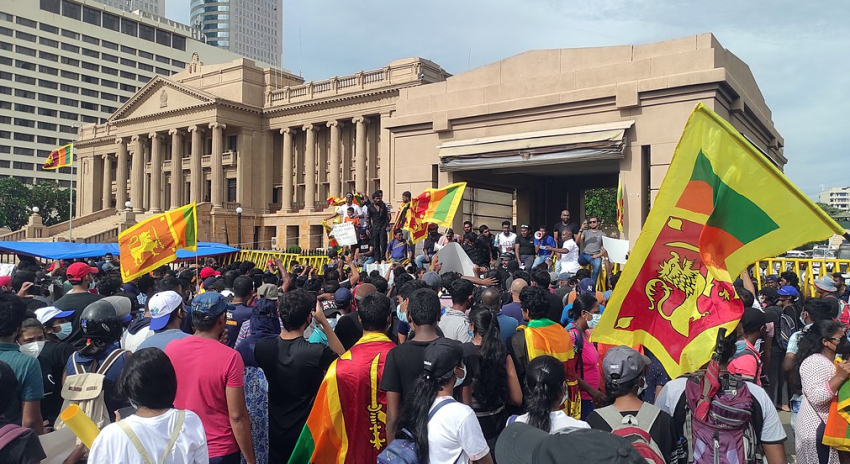Sri Lanka, the island country off the coast of India, is in political turmoil and the president says he will resign. A big factor in the tragedy is the country’s “going green,” banning synthetic fertilizers and pesticides.
“President Gotabaya Rajapaksa’s drive to make the country the world’s first to fully adopt organic agriculture—by banning all synthetic agrochemicals, including fertilisers and pesticides—has proved disastrous for Sri Lanka’s food security. Sold as a bid to improve soil health and tackle a mysterious kidney disease among farmers that is believed to be linked to excessive nitrate exposure, the ban was imposed overnight in May of last year.
“The country’s 2 million farmers, who make up 30 percent of its labour force and who until then were dependent on subsidised chemical fertilisers, suddenly found themselves left to their own devices. They said the government neither increased production of organic fertiliser nor imported sufficient soil nutrients to meet their needs.
“The result has been a dramatic fall in agricultural output during the growing season that ended in March, known locally as the Maha season.”
“Anti-government protest in Sri Lanka 2022” by AntanO is licensed under CreativeCommons BY-SA 4.0.


Sri Lanka seems to be the victim of a cocktail of government economic and social interventions. Begin with free land in an arid area with poor soils and apparently highly mineralized water that includes arsenic, cadmium and other metals. Add heavily subsidized fertilizers that encouraged unnecessarily heavy applications and discouraged innovation that might have decreased reliance on synthetic fertilizers. Then add the recent ban on these fertilizers in the cause of organic agriculture for better health. The result has been malnutrition, rapid inflation, riots, the fall of the government, and a big setback for the reputation of organic agriculture.